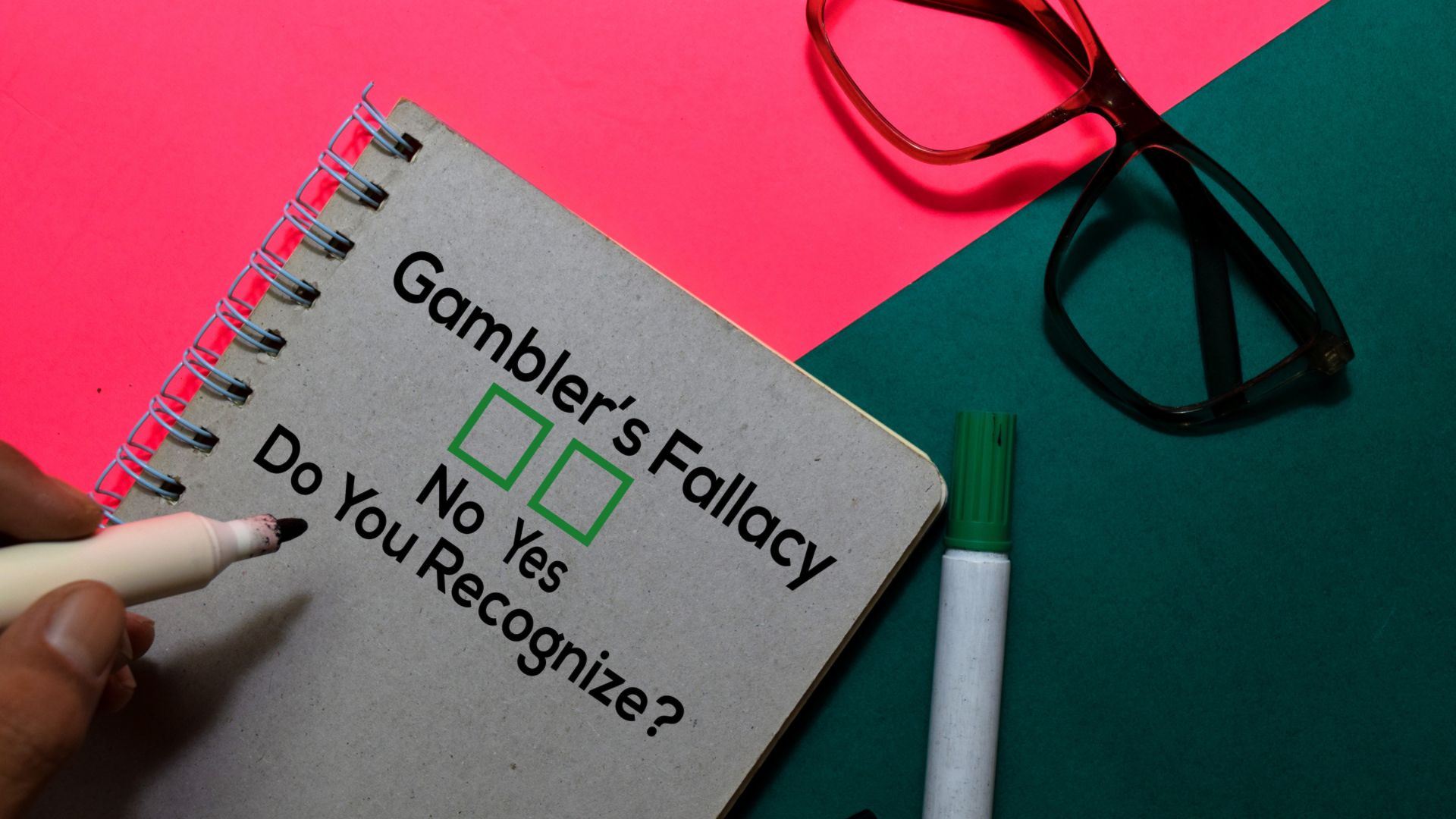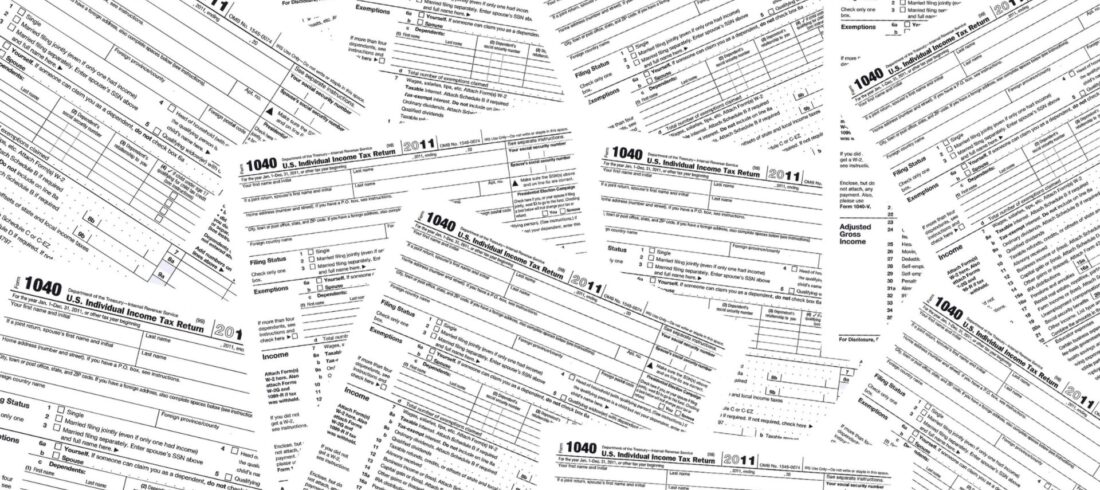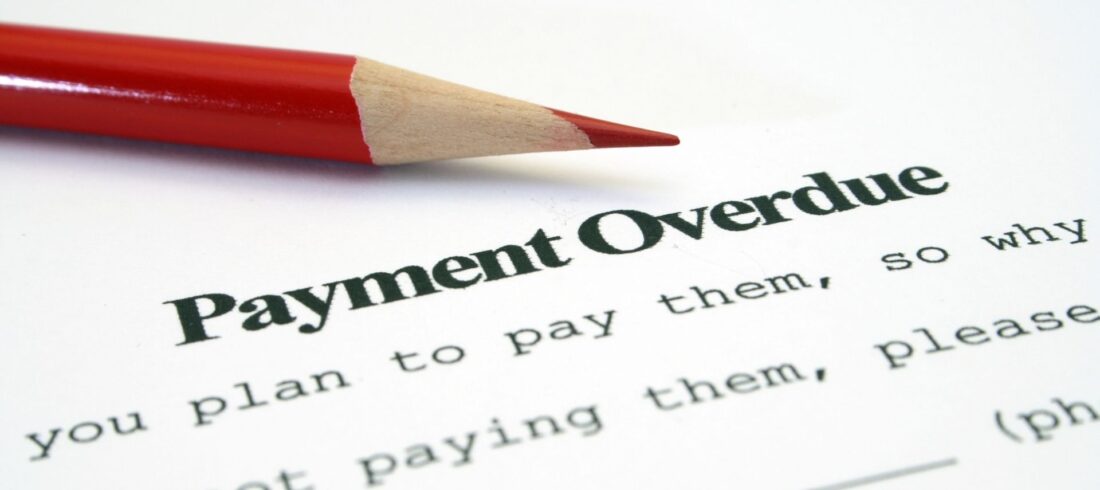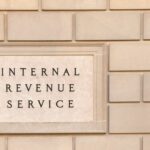The following invented scene is based on many disheartening real-life encounters with clients:
MR. CLIENT: I’ve been going to a business consultant, and I’m just not sure about the advice he’s been giving me. I just felt sort of uncomfortable with some of it and thought it would be good to get a second opinion.
MS. LAWYER: I can see why you might have felt uncomfortable. For example, mortgaging your home is a bit questionable, unless you have very good evidence to support your projected income figures. How did you come up with $2 million in gross revenue for the first year?
MR. CLIENT: The consultant did a marketing study.
MS. LAWYER: Hmm … it says here that the consultant looked at the number of people in the San Antonio area and multiplied the total population by 1%. How did he determine that 1% of the people in San Antonio would buy super-widgets from your company over the coming year?
MR. CLIENT: Well, I think he just … I’m not sure … I mean, 1% isn’t very much, is it?
MS. LAWYER: Based on the latest census information, 1% of the population of the San Antonio metro area would be around 12,000. How many super-widgets did you sell last year?
MR. CLIENT: Um, 85. But we’re going to do an advertising campaign. That’s what part of the $35,000 loan is for.
MS. LAWYER: Uh oh. What’s this on your cash flow projection here? Right here … consulting fees – 15% of gross revenues.
MR. CLIENT: Oh, that’s to pay the consultant. See, I gave him $10,000 up front, but that got used up doing the business plan, and the marketing plan is going to be another $10,000. So he said he believes in my business so much, he’s willing to take $5000 cash now and get the rest paid back out of my sales. That way, I only have to pay when the money starts rolling in.
MS LAWYER: I don’t see any loan payments here under your projected costs. How are you planning to pay back that home equity loan?
MR. CLIENT: Oh … I guess we need to add that in.
Why is it, I’ve often asked myself, that a business owner who would blanch upon being asked to pay $350 for legal services that will save him thousands of dollars and allow him to sleep well at night; why is it that this same business owner will cheerfully pay over thousands of dollars for dubious advice on how to make millions?
For that matter, why will a business owner spend many thousands of dollars on equipment and furnishings (some of which the business would have done fine without) plus interest on the loans he had to take out – and yet fail to include accounting services in their budget?
I believe that when people make business decisions, they often use the same method of decision-making that leads a person to spend $100 on a lottery ticket that carries a 1 in 15,000,000 chance of winning a million dollars, while the same person insists she cannot afford to set aside $100 a month in a savings account. I call this the Gambler’s Fallacy. The expected value of the $100 deposit to the savings account is something like 1428 times greater than the value of the lottery ticket. (Expected value = amount of winnings multiplied by the probability of winning) People are willing to spend more on a small chance at winning big than they are to spend on a sure thing that’s less spectacular.
The Gambler’s Fallacy leads business owners to make errors such as over-spending based on overly optimistic cash flow projections, over-borrowing, misallocating funds for outside advisors, and trying to expand the business too rapidly. You’ll find most of these on the list of Nashville bankruptcy attorney Bobby Guy’s list of the top ten reasons for business failure: The Top Ten Reasons Businesses Fail
Here’s the moral of this story: When you’re about to pay a significant amount of money in exchange for a promise of great wealth, it’s a good idea to step back from the situation and make sure you’re not purchasing the equivalent of a lottery ticket.













